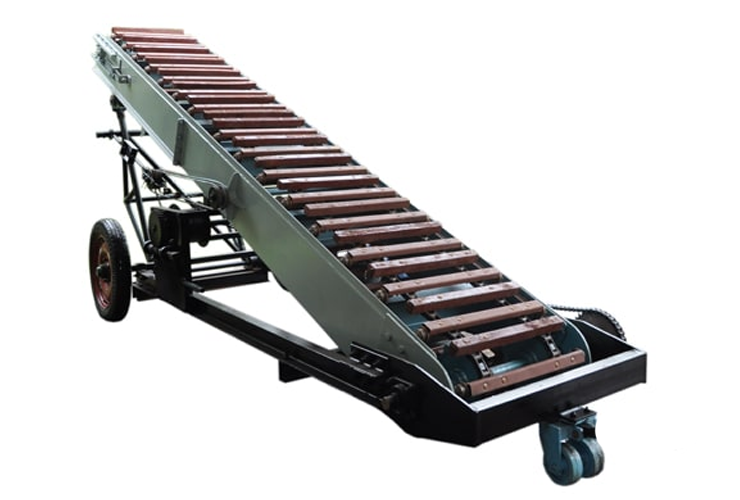Slats for Material Handling Equipments
- home
- Slats for Material Handling Equipments
We are Manufacturer, Supplier, Designer, Exporter of Slats for Material Handling Equipments, Slat Conveyors, Slat Chain Conveyors and Our setup situated in Kupwad, Sangli, Maharashtra, India
Slats for Material Handling Equipments
Slats are commonly used in Material Handling Equipment as part of conveyor systems or platforms. They play a crucial role in efficiently moving, sorting, or holding materials in industrial processes. Slats are a popular choice for material handling equipment due to their specific advantages in various industrial and manufacturing applications.
Key Benefits of Slats for Material Handling Equipments:
- Durability: Slats are designed to withstand heavy use, providing long-lasting performance in industrial environments.
- Versatility: They can be adapted for use in various applications, from light to heavy-duty material handling.
- Enhanced Stability: Slats provide a stable surface that helps prevent items from shifting or falling during transport.
- Customizability: Slats can be customized to meet specific design requirements, including size, material, and spacing.
- High Load Capacity: Designed to handle heavy loads without compromising performance, making them suitable for industrial and manufacturing applications.
- Resistance to Environmental Factors: Depending on the material, slats can resist exposure to moisture, chemicals, and extreme temperatures.
- Energy Efficiency: Slats contribute to smooth material flow, reducing energy consumption in material handling systems.
- Improved Hygiene: Certain materials, such as stainless steel, are ideal for applications requiring high levels of cleanliness, such as food and pharmaceutical industries.
- Ease of Maintenance: Slats are designed for easy cleaning, maintenance, and replacement, minimizing downtime in operations.
- Cost-Effectiveness: Their long lifespan and minimal maintenance requirements make slats a cost-effective choice for material handling systems.
Materials Used for Slats Manufacturing:
- Steel: Ideal for heavy-duty applications, offering durability and load-bearing capacity.
- Stainless Steel: Preferred in food, pharmaceutical, or corrosive environments for its hygiene and corrosion resistance.
- Plastic: Lightweight and corrosion-resistant, suitable for lighter loads or chemically aggressive environments.
- Aluminum: Combines lightweight with strength, making it suitable for medium-duty applications.
Considerations for Selection:
- Load Requirements: Choose materials and thickness based on the weight and type of materials being handled.
- Environment: Consider resistance to temperature, moisture, and chemicals when selecting materials.
- Maintenance: Opt for slats that are easy to clean and replace to minimize downtime.
- Compatibility: Ensure that slats align with the conveyor or equipment design for seamless operation.
Applications industries for Slats for Material Handling Equipments:
- Slat Conveyors: Used in manufacturing, assembly lines, and packaging industries.
- Sorting Systems: Slats provide a rigid surface that is ideal for automated sorting systems.
- Platforms for Material Transport: Found in equipment like stackers or automated storage systems..
- Heat-Resistant Applications: In industries like metalworking, slats can handle hot materials directly..


